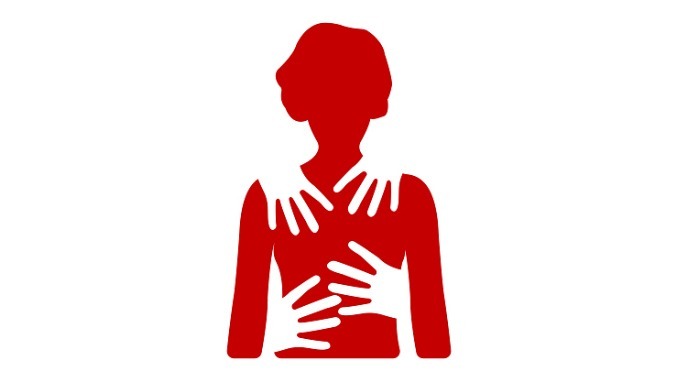As reported by NHS England, NHS staff are experiencing unprecedented levels of discrimination, as revealed by a national survey, highlighting the urgent need for improved protection and support measures within the healthcare sector
One in 12 NHS staff that responded to the poll said they faced discrimination while treating patients at work – the highest percentage since the question was first asked in 2019.
NHS trusts are putting measures in place to protect the frontline workforce – with local organisations rolling out thousands of body cams to ambulance trusts in 2021, so paramedics can record patients and the public if they become abusive.
The results of the NHS staff survey, published today, shows the health service workforce feels happier than since the start of the pandemic, with over half (55%) reporting they look forward to coming to work – the highest number since 2020.
There are also improvements in the wellbeing of NHS workers, who are experiencing less burnout than before.
For the first time ever, NHS staff were asked if they had experienced sexual harassment while at work. The survey reveals healthcare workers experienced “unacceptable” levels of unwanted sexual behaviour from the public last year – with 58,000 reporting such incidents.
The results show 8.67% of 675,140 NHS workers suffered sexual harassment from patients, patients’ relatives, or other members of the public in 2023.
Ambulance staff were particularly affected by sexual harassment, with just under a quarter of staff reporting unwanted sexual behaviour from the public last year.
The survey also found 3.84% of staff faced unwanted sexual behaviour from colleagues. The NHS launched its first ever Sexual safety charter at the end of last year, which includes a commitment for trusts to improve the reporting of unacceptable behaviour.
Dr Navina Evans, Chief Workforce, Training and Education Officer said: “It is very distressing that more than 58,000 NHS staff reported experiencing unwanted sexual behaviour from the public last year and such conduct should not be tolerated in the NHS.
“That is why the NHS launched its first ever Sexual safety charter last year which provides clear commitments to improve reporting on unacceptable behaviour, as well as appointing more than 300 domestic abuse and sexual violence leads who will review and improve trust policies for reporting of sexual harassment.
“While there is still more to do, it is good news that less than 12 months on from the publication of the NHS Long Term Workforce Plan staff are happier at work than last year thanks to initiatives such as flexible working hours, clinical support squads to help menopausal women at work, and human resources stay advocates”.
As part of the NHS England funded retention programme, one trust implemented a ‘red card’ policy which sanctions patients and visitors who are violent or abusive towards staff.
A yellow card represents the failure to stop inappropriate behaviour after a written warning, and if behaviour persists within a 12-month period, a red card status can be issued excluding a patient or visitor from treatment within the trust unless they need emergency care.
The survey shows staff feel more comfortable speaking up about experiences of harassment, bullying or abuse, with over half (51.86%) feeling empowered to raise incidents, a rise from 49.81% in 2022.
The poll also shows NHS staff reported improvements in opportunities for learning and growing in their roles thanks in part to the development of a national learning hub, and a £1,000 fund over three years for the development of all nursing, midwives, and allied health professionals working in trusts.
The survey found staff are more confident than ever before asking for more flexible work options – with 57% feeling happy about their flexible working options – higher than in 2019. This follows the publication of the NHS People Plan in 2020 which mandated trusts to offer staff flexible working hours from day one of their employment.
However, the data showed medical and dental staff have reported a 6% decrease in confidence in raising clinical safety concerns since 2021.
The polling, which show staff are happier across all key metrics compared to last year, follows the publication of the NHS Long Term Workforce Plan which offered a renewed focus on retaining NHS staff. The plan set out how better opportunities for career development, improved flexible working options, alongside government reforms to the pension scheme could mean up to 130,000 staff stay working in NHS settings longer.




Be the first to comment